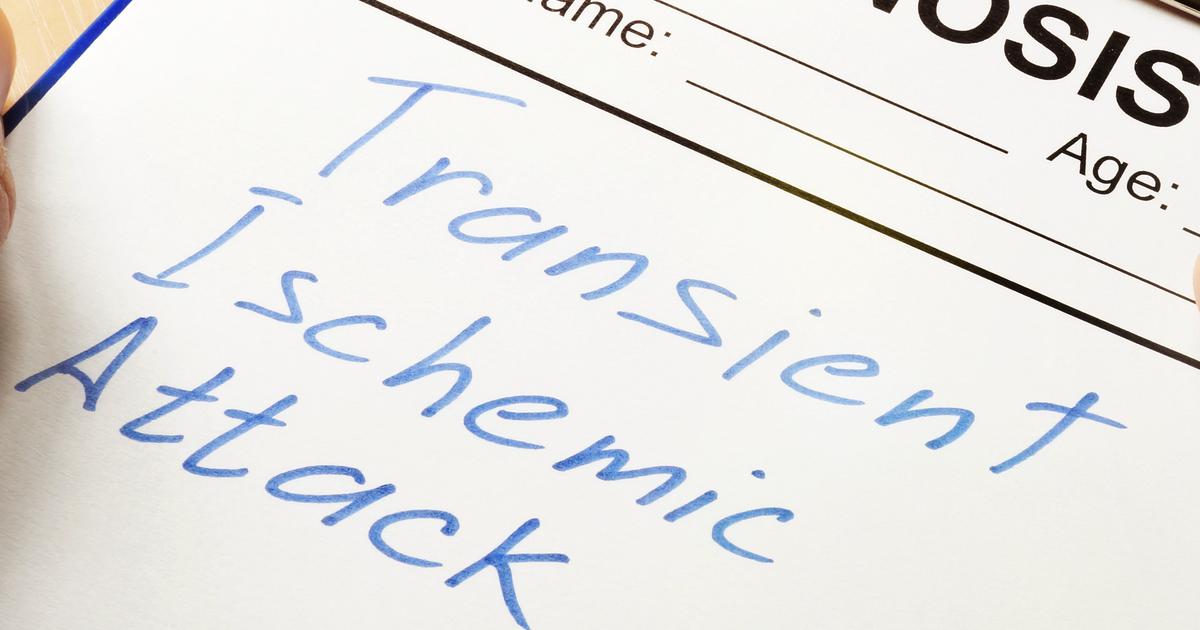What Are The Different Types Of Stroke?
Transient Ischemic Attack
A transient ischemic attack is a term used to describe a type of mini-stroke similar to an ischemic stroke. The difference between a transient ischemic attack and an ischemic stroke is the transient ischemic attack only lasts for several minutes and does not result in permanent damage to the brain tissue. Because a transient ischemic attack is a quick and minor form of an ischemic stroke, its symptoms are the same as those of an ischemic stroke. Most symptoms of a transient ischemic attack will last for less than twenty-four hours. Having a transient ischemic attack significantly increases the patient's risk of having a future stroke. Approximately thirty-three percent of all individuals who experience a transient ischemic attack will experience an ischemic stroke within a year. Individuals who have a transient ischemic attack may need to go on medications that help lower the risk of having another stroke or attack, such as blood thinners and blood pressure reducers.
Discover additional types of stroke now.
Cryptogenic Stroke

A cryptogenic stroke is a type of stroke where some portion of their brain tissues has died from blood deprivation, but a specific cause is unable to be found. When an individual experiences a stroke, the physician will perform an evaluation to help determine what may have caused the stroke. This evaluation is done because future strokes can be prevented with certain types of treatment if the underlying cause can be identified. This evaluation typically includes the use of brain CT scans, brain MRI, transcranial doppler study, angiography, and a complete echocardiographic study of the patient's heart. Underlying causes that must be ruled out before declaring an individual has had a cryptogenic stroke include blood vessel thrombosis in the brain, embolus in the brain, brain tissue inflammation, and a brain aneurysm. Even though no cause has been identified for a cryptogenic stroke, they have a lower chance of a stroke recurrence than those who have other types of strokes. Less than one in five individuals who have had a cryptogenic stroke will have another stroke within two years.
Uncover more types of stroke now.
